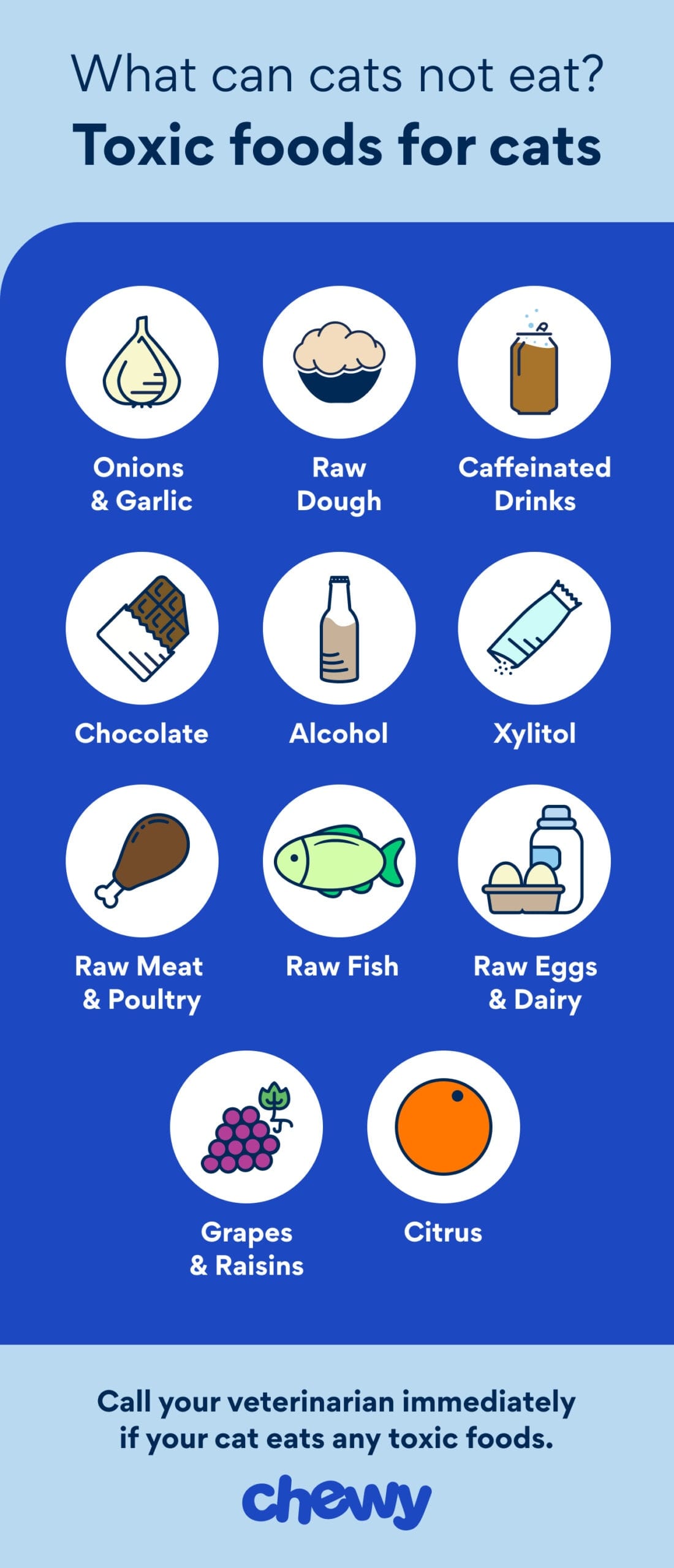As loving pet owners, we often want to share our meals with our feline and canine companions. However, many common human foods can pose serious health risks, even leading to severe illness or death, if ingested by cats and dogs. Understanding these dangers is crucial for ensuring the safety and well-being of your beloved pets. This article outlines a comprehensive list of foods to keep strictly out of your pet’s reach.
Alcohol
Similar to humans, alcohol can have a profound and dangerous impact on cats and dogs. Even small amounts can lead to intoxication, causing gastrointestinal irritation, respiratory distress, and potentially coma or death. There is no safe level of alcohol for pets.
Avocado
Avocadoes, including the pit, leaves, and skin, contain a substance called persin. While generally more toxic to birds, persin can still cause significant gastrointestinal upset in cats and dogs, leading to vomiting, diarrhea, respiratory distress, and fluid accumulation around the heart, which can be fatal.
Chocolate
Chocolate is a well-known toxin for pets due to the presence of theobromine, a methylxanthine. The severity of toxicity depends on the pet’s size, the amount consumed, and the type of chocolate. Darker chocolates, such as baking chocolate and dark chocolate, contain higher concentrations of theobromine and are therefore more dangerous than milk chocolate. White chocolate has the lowest concentration. Symptoms of theobromine poisoning include restlessness, hyperactivity, increased heart rate, vomiting, diarrhea, tremors, and seizures.
Coffee, Tea, and Other Caffeine Products
Caffeine is a stimulant that can be deadly to cats and dogs in sufficient doses. There is no antidote for caffeine poisoning. Ingesting caffeine can lead to restlessness, rapid breathing, heart palpitations, and muscle tremors. Always keep caffeinated beverages and products away from your pets.
Cooked Bones
While dogs may seem to enjoy chewing on bones, cooked bones are particularly hazardous. They can splinter easily, leading to choking, gastrointestinal obstruction, or severe internal lacerations. It is best to avoid giving any cooked bones to your pets.
Fat Trimmings
Both cooked and uncooked fat trimmings can cause significant digestive issues in pets, including vomiting and diarrhea. In some cases, consuming fatty foods can lead to a painful condition called pancreatitis.
Grapes, Raisins, Sultanas, and Currants
The exact toxic substance in these fruits remains unknown, but even small amounts can cause acute kidney failure in dogs. It is essential to prevent your dog from accessing any products containing these ingredients.
Onions, Garlic, and Chives
These common kitchen staples contain compounds that can damage a pet’s red blood cells, leading to a form of anemia. While garlic and chives are generally less potent than onions, they can still cause gastrointestinal irritation and harm.
Salt
Excessive salt intake can lead to severe thirst and urination, and in extreme cases, sodium ion poisoning. Signs of salt poisoning in pets include depression, tremors, elevated body temperature, and seizures. Be mindful of salty snacks and table scraps.
Tomatoes and Potatoes
Unripe tomatoes and parts of the potato plant, such as the green parts, contain solanine, a substance that can cause violent gastrointestinal upset in cats and dogs.
Xylitol (Artificial Sweetener)
Xylitol is a dangerous artificial sweetener commonly found in sugar-free candies, gum, toothpaste, baked goods, and some diet foods. In pets, xylitol causes a rapid release of insulin, which can lead to hypoglycemia (dangerously low blood sugar) and potentially liver failure. Initial signs of xylitol toxicity include vomiting, lethargy, and loss of coordination.
Yeast Dough
Raw yeast dough can be extremely dangerous for pets. As the yeast ferments in the warm, moist environment of the stomach, it produces alcohol and gas. This can cause the dough to expand, leading to painful bloating and potentially rupturing the stomach or intestines. The risk diminishes significantly once the dough is cooked and the yeast has fully risen.
Ensuring your pet’s safety means being vigilant about the foods they have access to. By understanding these common household items that are toxic to cats and dogs, you can create a safer environment and protect your furry family members from potential harm. Always consult your veterinarian if you suspect your pet has ingested a toxic substance.

